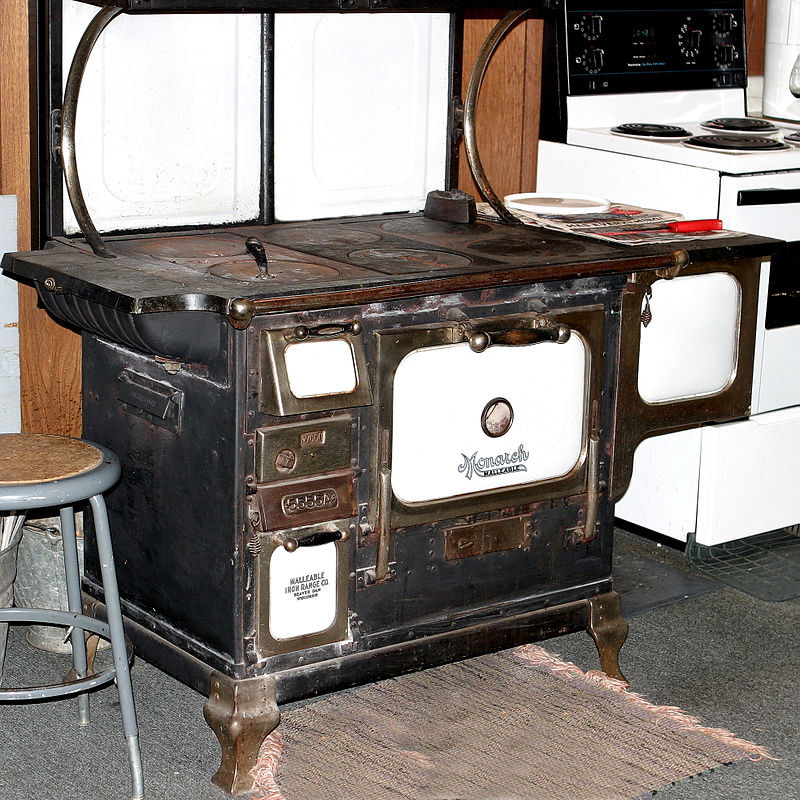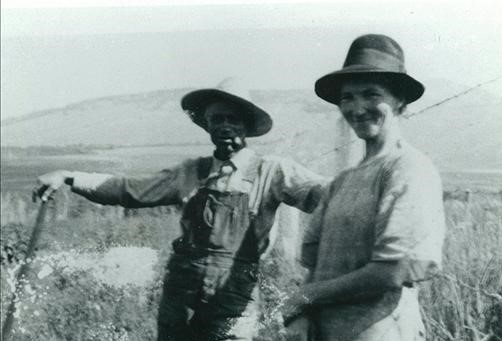
Some years ago I decided to adopt a lifestyle that prioritized getting enough sleep. Decades later, I’m more confident every day that it was the right choice.
When you’re a kid, staying up late is an adventure, a chance to live as the grown-ups do. Most parents have entertained themselves by occasionally telling a child that tonight he can stay up as late as he wants, and then watching him drop off to sleep on the couch not long after his regular bedtime.
Eventually, we get old enough to succeed at staying up late. Most high-schoolers will attend a school-sponsored event that lasts all night, perhaps a lock-in with basketball in the school gym and lots of those snacks that will kill you when you’re older. I can clearly recall coming home from one of those around 6 or 7 am and walking wordlessly past my waiting Mom and straight to bed.
In college, and especially grad school, all-nighters are a standard tactic. I took one course in seminary that required a long, detailed expository sermon outline every Friday, and many students had a regular ritual where they’d each check out the maximum allowed number of books from the library and gather in someone’s apartment to pool their resources and clatter away at their typewriters all night long. Sometimes the all-nighters were a consequence of poor time management during the day, but not always. I’ve had students, both undergrad and graduate, who were married, with kids, working full-time jobs and carrying a full academic load, and I don’t know how they did it.
Once we enter into our post-school life, the old habits die hard. Those of us with 8-to-5 jobs still feel like staying up until midnight just because that’s what we do. When children come along, there’s the sleep deprivation that comes from overnight feeding and miscellaneous wakefulness. When that phase of life is over, we stay up to stream TV or movies or lounge through social media.
And we’re tired. We need an alarm clock—maybe several alarm clocks—to get up, and then coffee, and during the workday more coffee, and dozing through those after-lunch meetings.
I decided that that life wasn’t for me.
These days I’m usually in bed by 10 and up by 6, which gives me time in the morning for devotions and ablutions and some time in the office to sort out priorities for the day ahead. That gives me 8 hours a night, and after doing that for a while I find I don’t need an alarm clock, and the fact that I can’t use caffeine doesn’t interfere with my ability to meet my responsibilities. I wake up awake.
I referred to this approach as a “lifestyle.” By that I mean that it involves more than just going to bed earlier. If you want to go to bed earlier, there are some other things that have to happen.
Most obviously, I’ve found that I need to get less busy. And that means taking on fewer responsibilities.
Now, some responsibilities are mandated.
- I’m a husband, and I need to spend time with my wife.
- I’m a father, and even though my children are now grown and out of the house, I need to interact with them.
- I have a job, and the responsibilities there are significant. My classes meet at a certain time, on certain days, and I have to be there, and I have to have something prepared. I’ve seen to it that my job responsibilities can be completed in the normal 40-hour work week, and beyond that I turn down extra responsibilities if I can. I rarely if ever take work home.
- Church is not optional. I’m faithful there, and I do more than just attend, but I don’t offer to help with everything. I try to do one thing well, rather than a little bit of everything.
I know that for some people this studied approach to life is simply not possible. Financial or medical or family responsibilities take all the time you have. I experienced that when I was my father’s caregiver for the last 5+ years of his life. I can tell you that those exhausting seasons are temporary.
But for those of you streaming entire seasons of zombies at night and then living as zombies through the day, there’s a better set of priorities.










